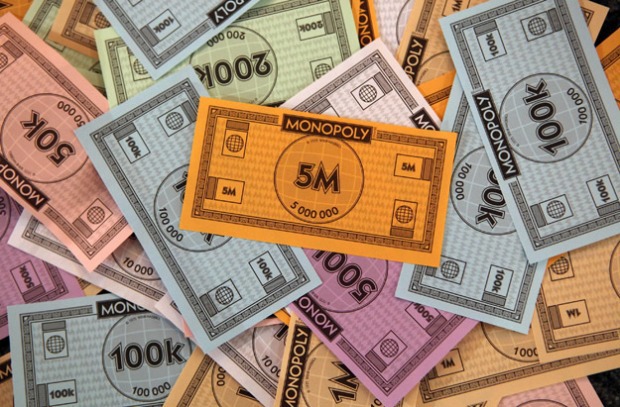What does “too expensive” mean?
- Transfer

Sometimes this means that "we don’t have enough money to pay for it." Of course, among undeservedly poor people this happens all the time. And unfortunately, it happens all too often for things like healthcare and education.
But in most cases (in the commercialized, more prosperous part of the world where most of us live) for any thing that exists in the real world, we are able to pay (even in the most extreme cases - unless, of course, we find friends and neighbors and get into great debt). Someone “too expensive” may seem like a stereo system, or a significant donation to charity, or membership in a golf club, and someone with the same income level can, without hesitation, pay for all this. “Too expensive” almost never means “I don’t have enough money, although I know this thing is worth it.”
Social entrepreneurs are often sad when they find out that low-income communities around the world claiming that their (entrepreneurs) innovations are “too expensive” for them, manage to find money to buy a mobile phone. Even at the bottom of the social ladder, many people find ways to pay for things in which they see value.
The same thing is happening in the real estate, advertising and productivity markets in the B2B sector. If the investment can pay off, the words “too expensive” do not always mean “we cannot afford it”.
Often, in reality, this means "it's not worth it." And this, of course, is a completely different matter. Many things are not worth the money, at least for you at the moment. I think it’s safer to assume that when your potential buyer says “too expensive,” you hear something very specific. A bottle of water for $ 400 is too expensive for almost everyone, even for those people who have $ 500 in their account. They have money, but they, of course, will not want to spend it on what, in their opinion, costs much less than indicated on the price tag.
Not everyone will appreciate your offer the same way, so if you think that before you enter the market, you should afford your product to anyone, you simply will never enter the market. The task is not to please everyone, but to find those few who see the value (and, accordingly, buy) what you offer.
Our cultural basis compels us to create barriers to something standing. Tasty pomegranate juice on the streets of Istanbul costs a dollar. The same juice in New York will be considered a good offer for an amount of five times more. Of course, we do not discuss solvency issues or the absolute value of a glass of juice. No, the question here is in our expectations regarding how many people like us are ready to put out for this or that thing.
Start with a group or community that truly values what you do. And then try hard, explaining and telling stories, increasing in the eyes of people the value of the acquired, instead of lowering its price (it is even better to increase this price in parallel). When you don’t need everyone to buy what you are selling, the phrase “it’s too expensive” heard from someone is just a useful reminder that you have set the price correctly for your audience.
Over time, when opinion leaders within the community begin to value your proposal higher (and, accordingly, take the higher price for granted), the culture will begin to change. When people like us begin to pay more for something like this, it will also seem quite natural (and even necessary) to us.
